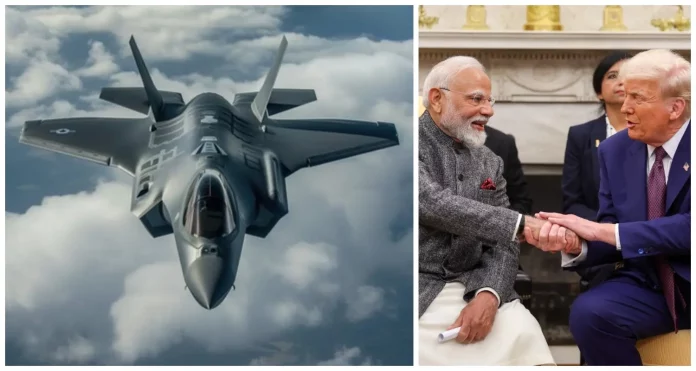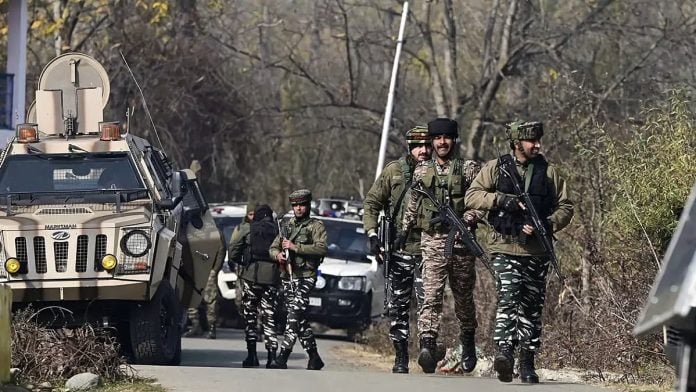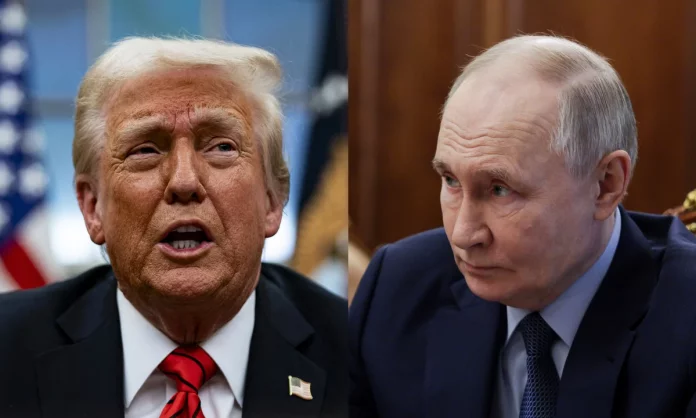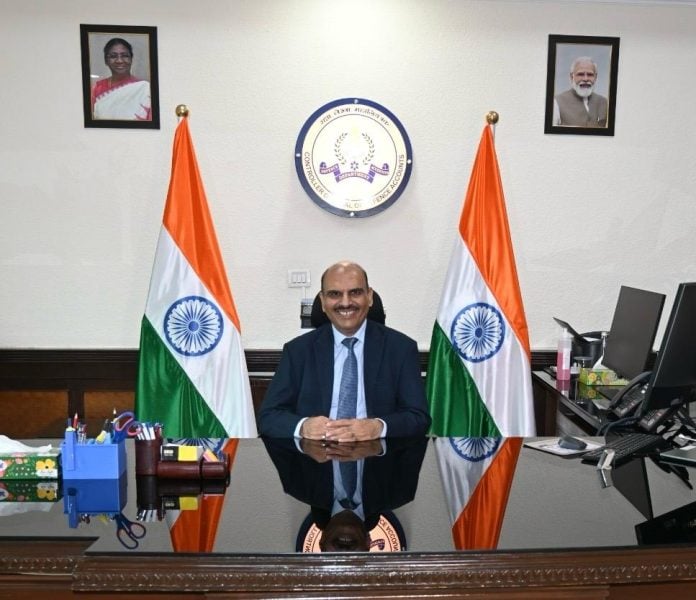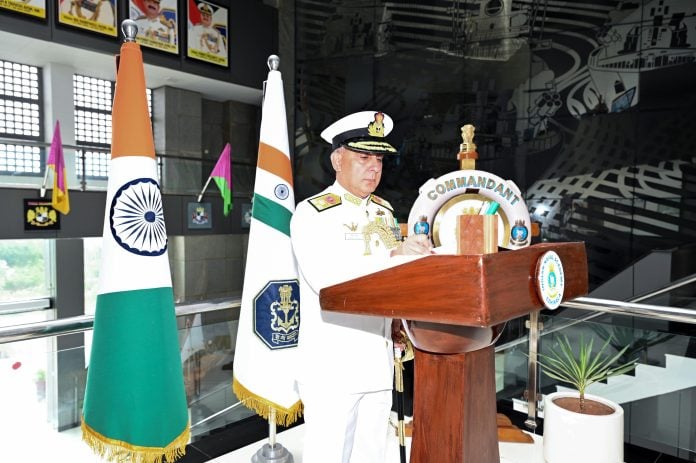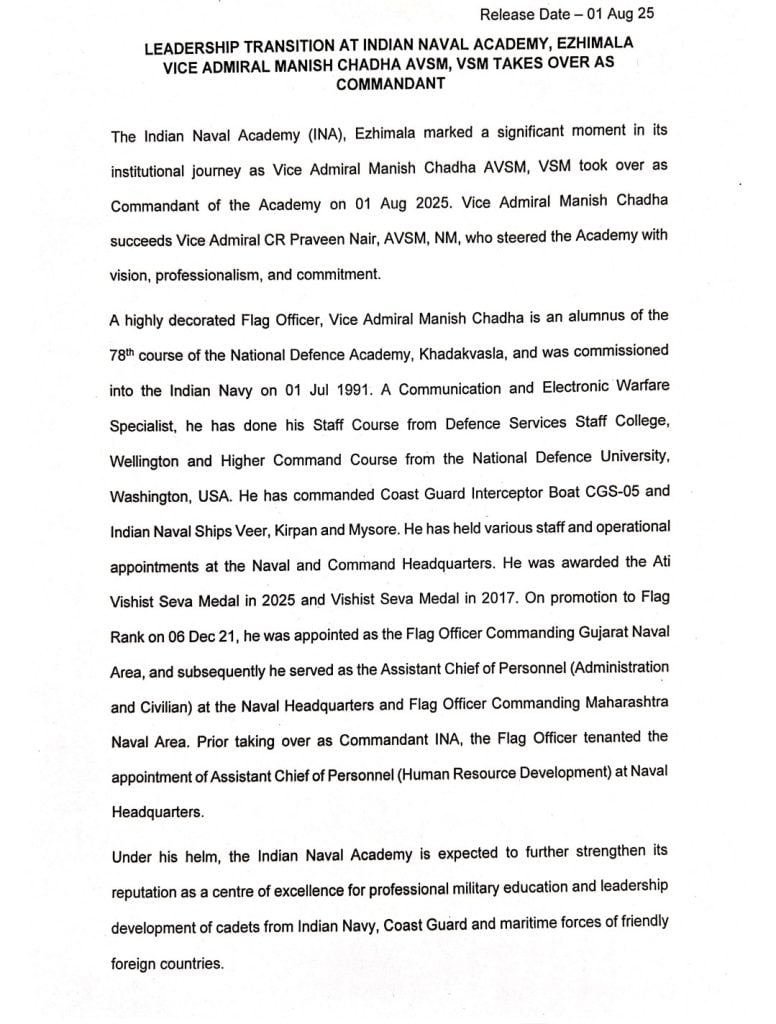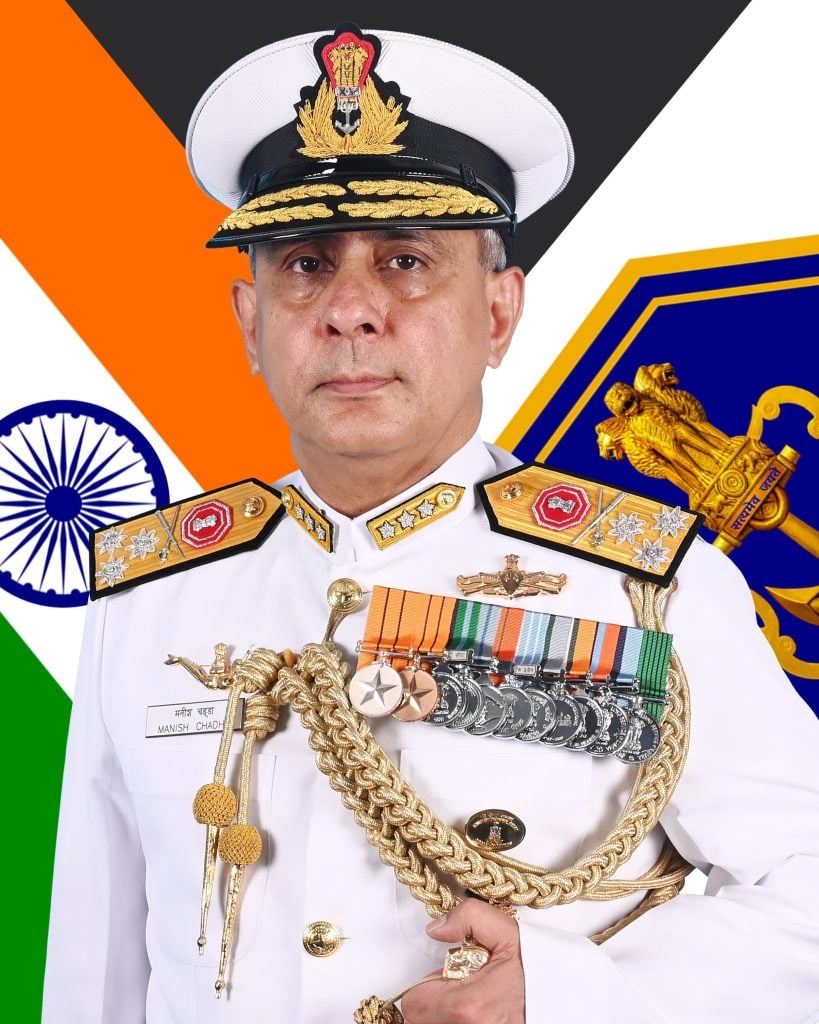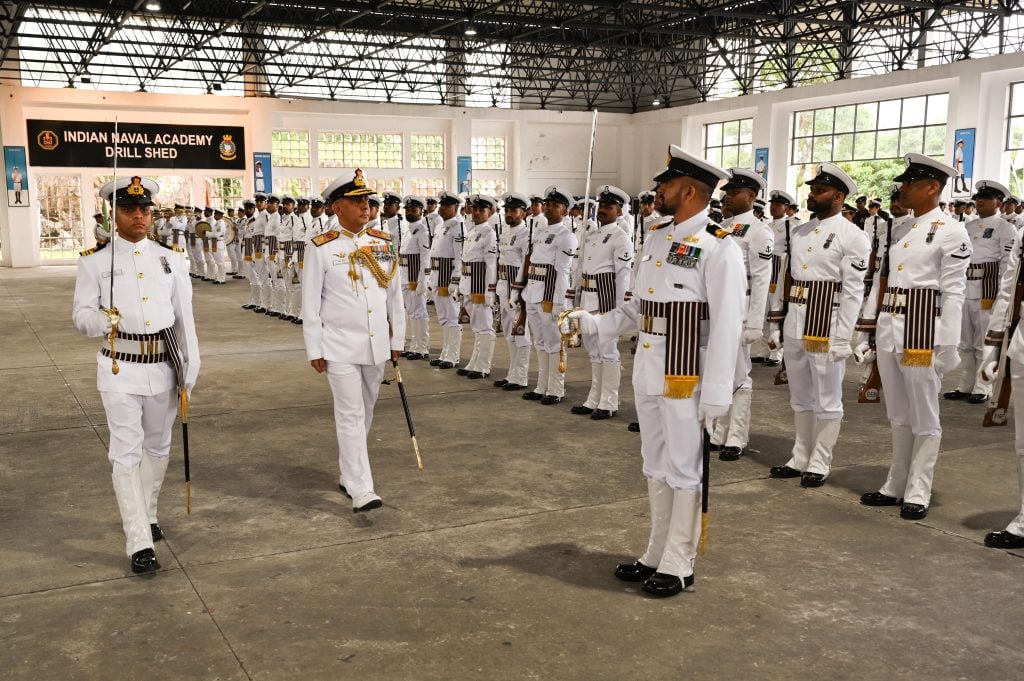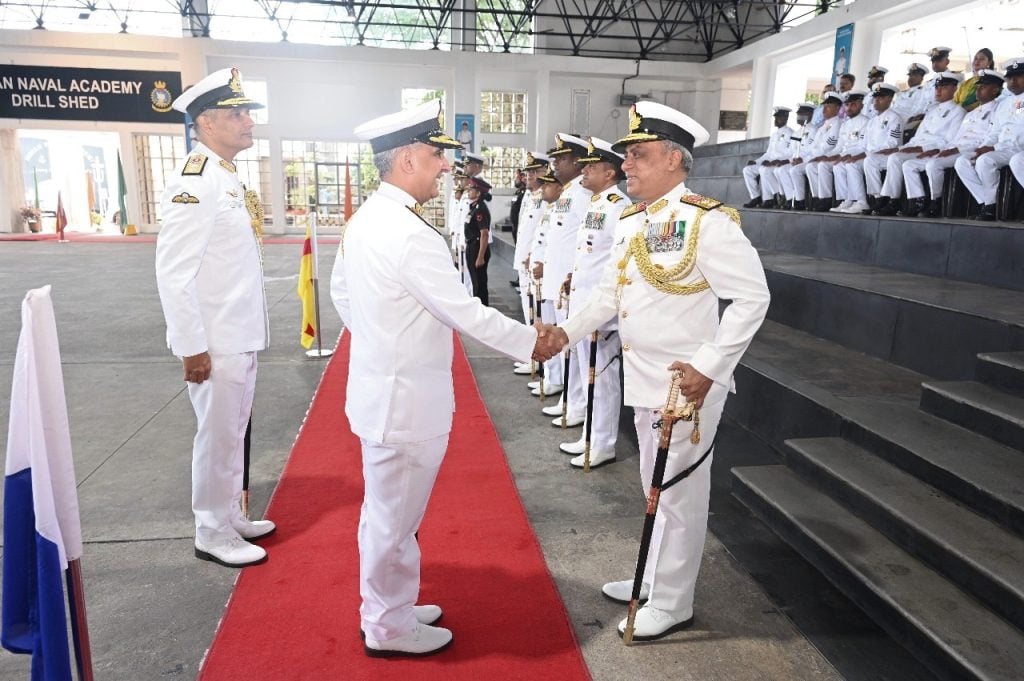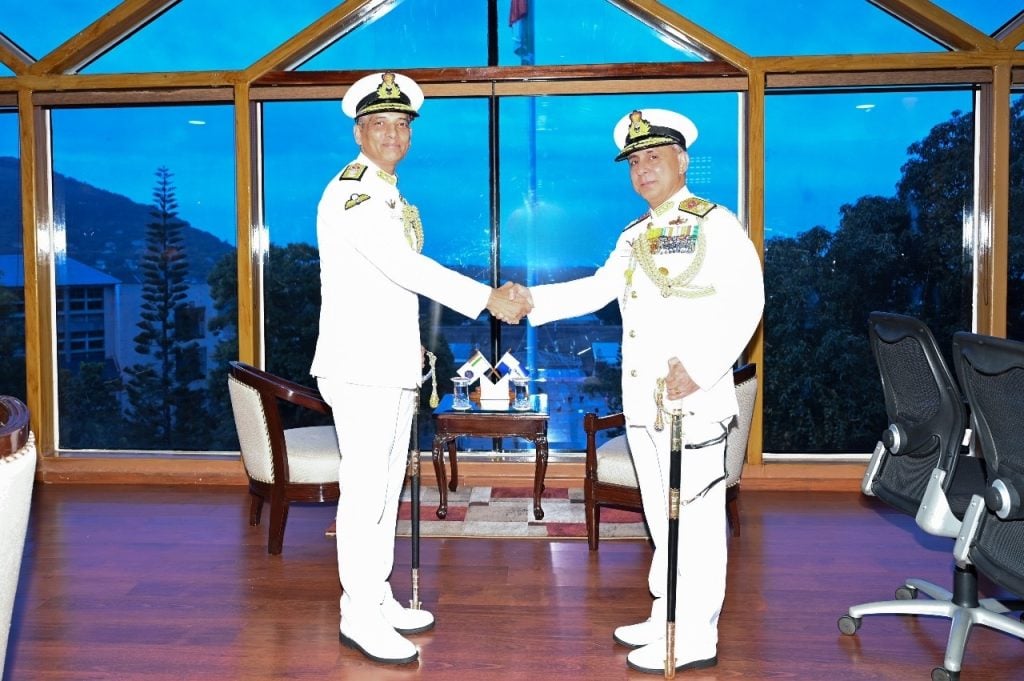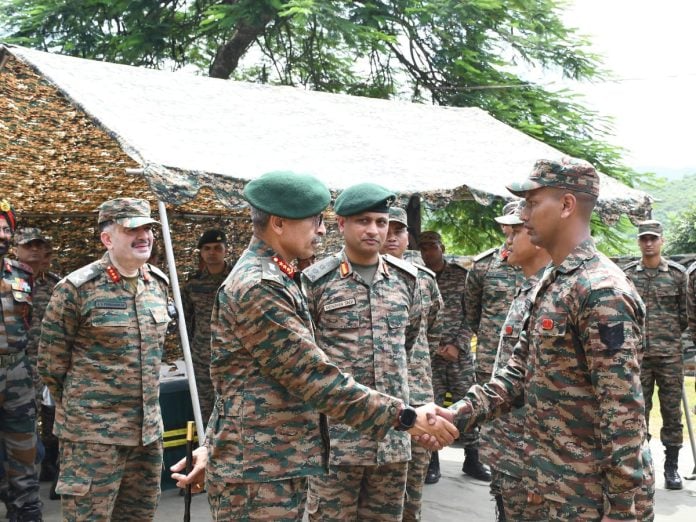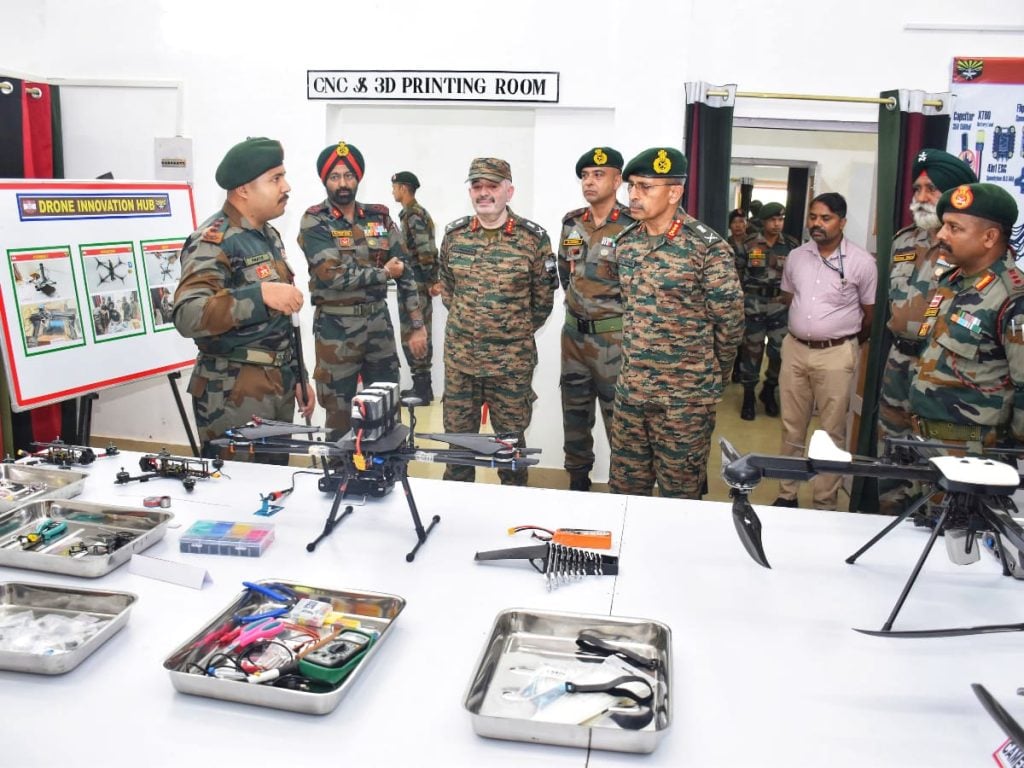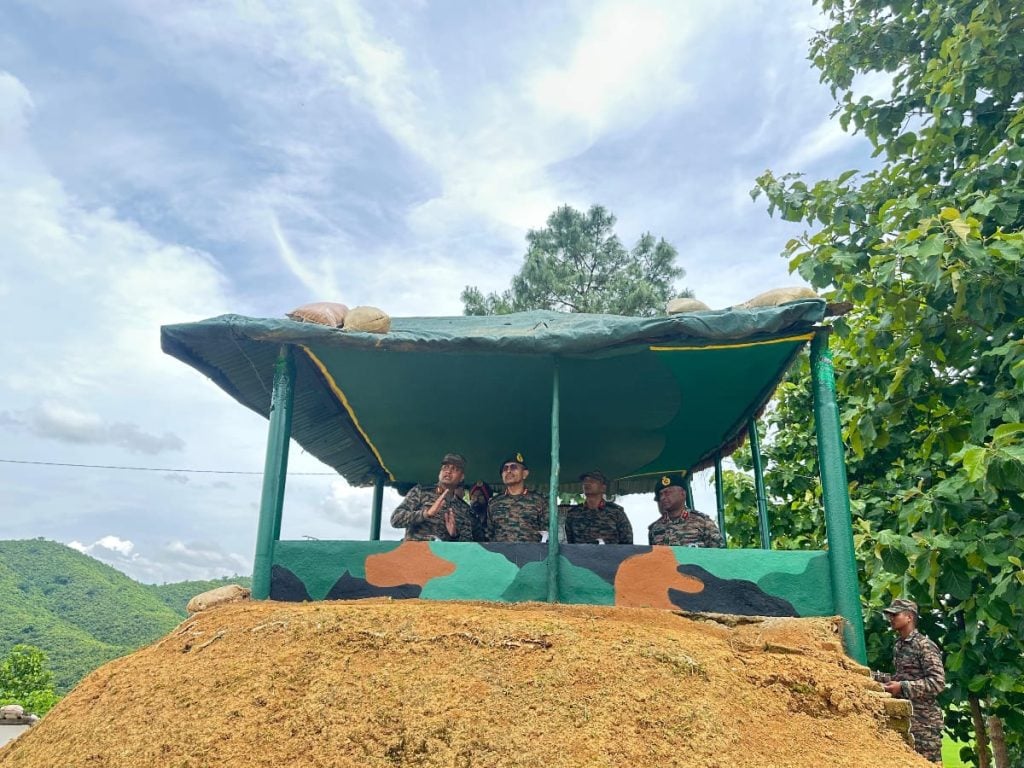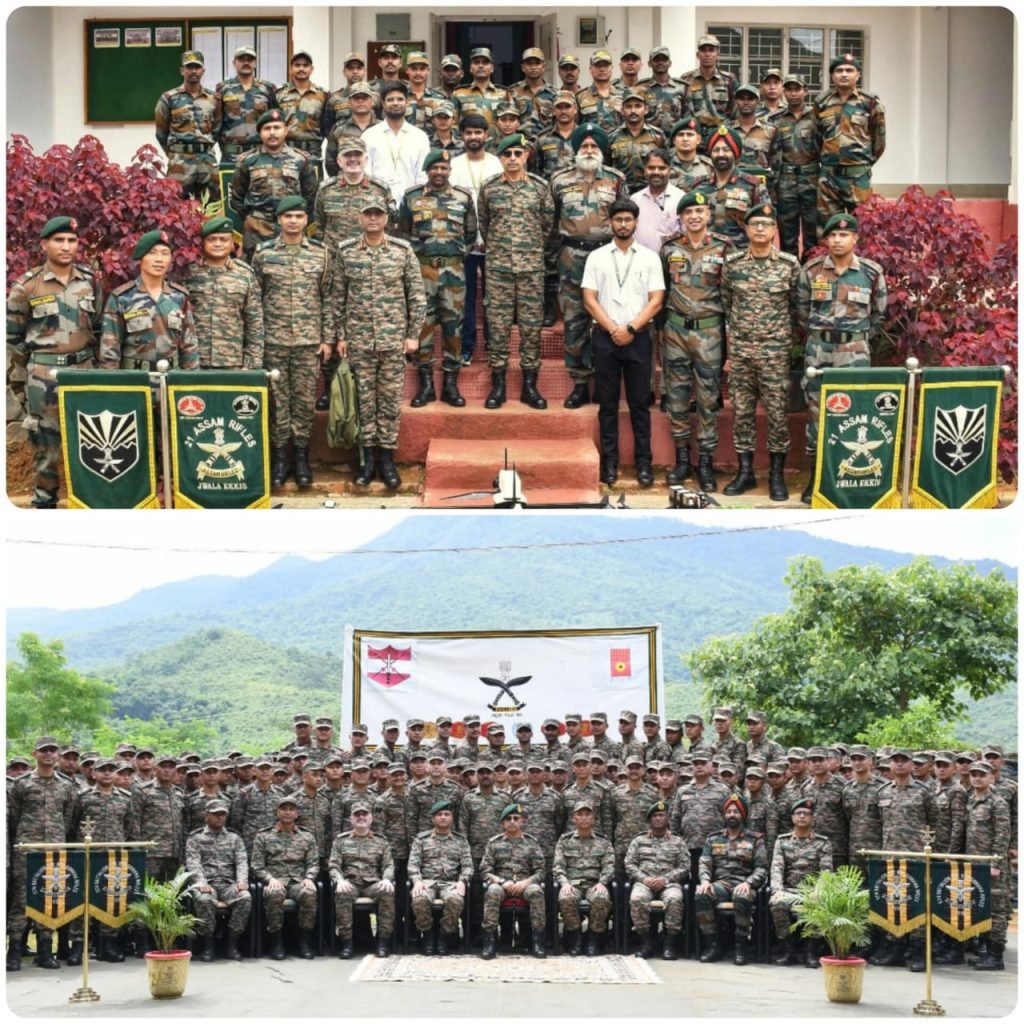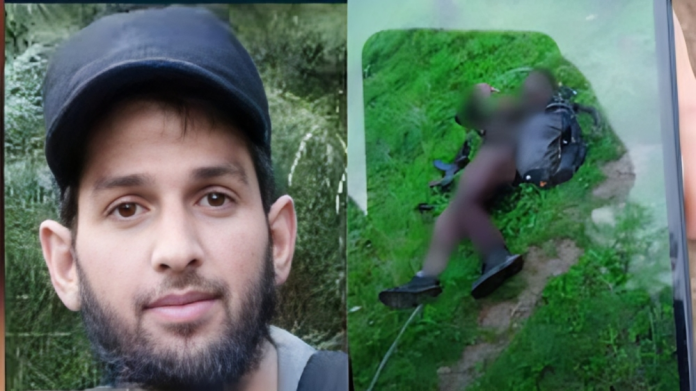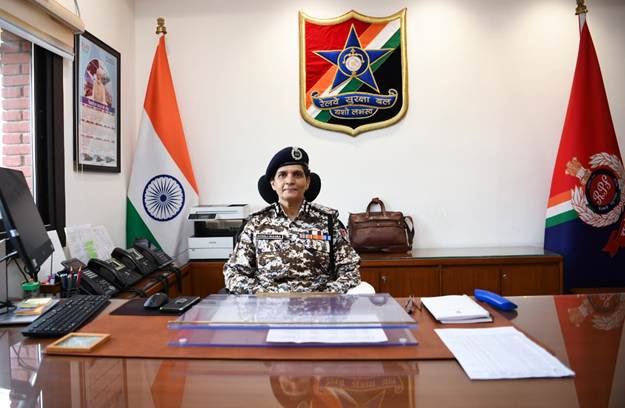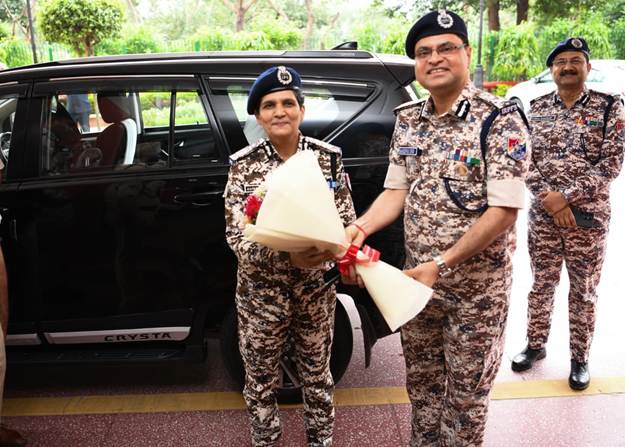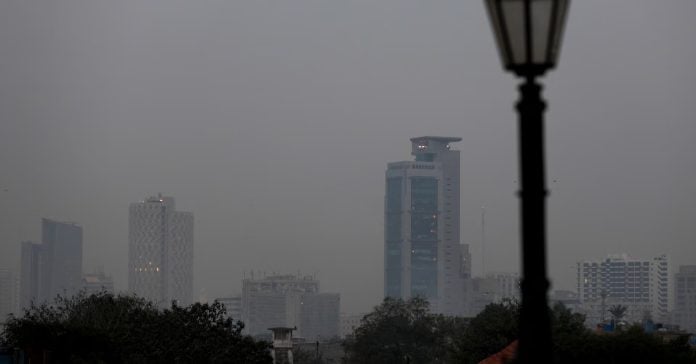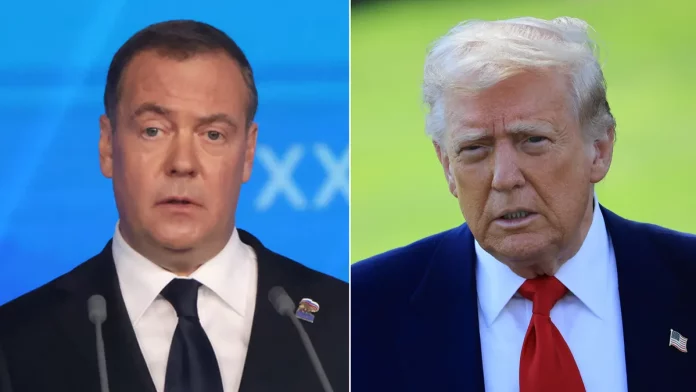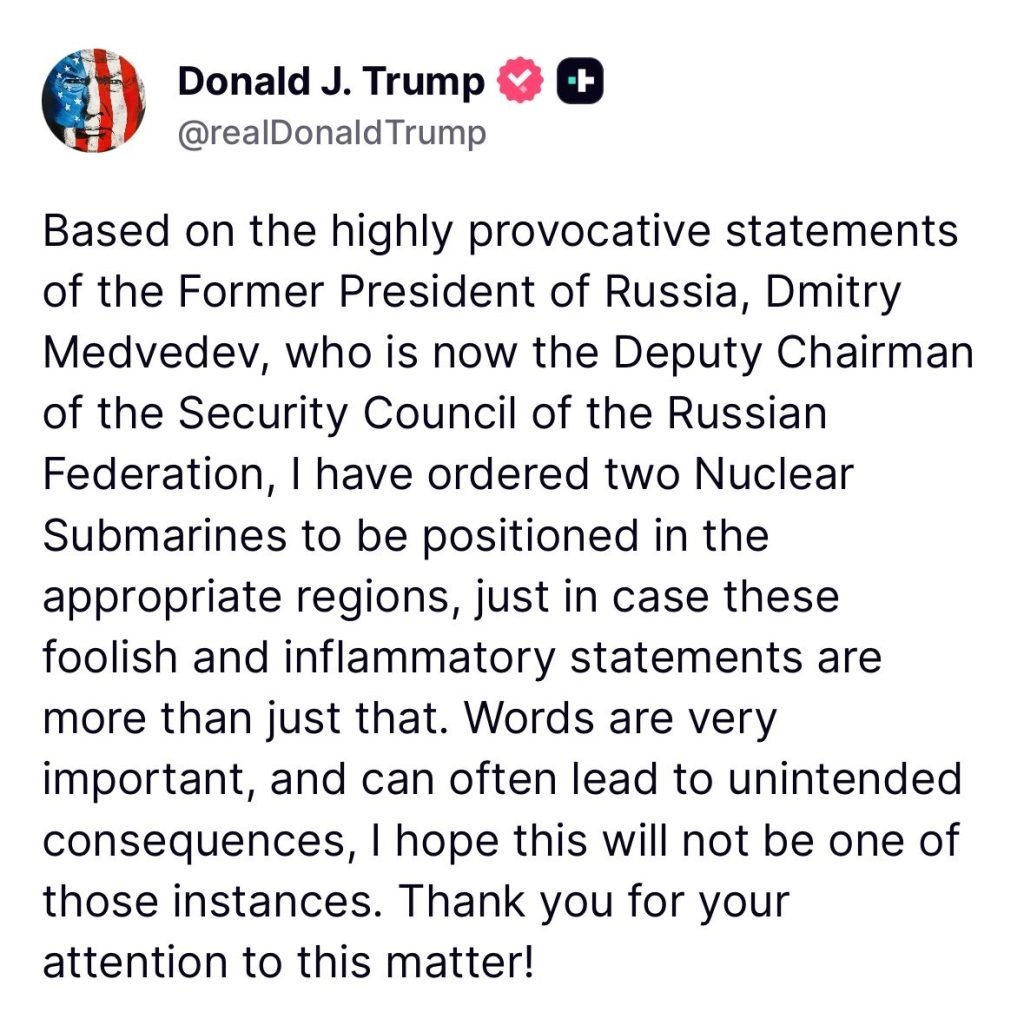The Government of India has officially confirmed that no formal discussions have taken place with the United States regarding the procurement of F-35 fifth-generation fighter jets. This clarification came in response to a parliamentary query raised in the Lok Sabha.
Minister of State for External Affairs Kirti Vardhan Singh made the statement in reply to a question by Congress MP Balwant Baswant Wankhade. The minister stated that despite references in the India-US joint statement after Prime Minister Narendra Modi’s visit to Washington in February 2025—where potential review of US policy on transferring advanced platforms like the F-35 was mentioned—no concrete negotiations or proposals have emerged.
The statement aligns with recent reports from international media, including Bloomberg, which suggested that India has not actively pursued any immediate defensive procurements from the US, especially the F-35 stealth fighters.
Instead, India appears to be recalibrating its economic and diplomatic response to the recent 25% tariff hike imposed by the US on Indian exports. The tariffs, announced by President Donald Trump and effective from August 1, 2025, have reportedly surprised Indian officials. Rather than retaliate, India is exploring options to boost imports from the US—such as natural gas, communication technology, and gold—to stabilise trade relations.
The Centre’s stance on the F-35 reflects its broader emphasis on self-reliance in defence under the “Make in India” campaign. During his Washington visit, Prime Minister Modi reportedly communicated India’s preference for joint development initiatives over direct purchases of platforms like the F-35A stealth jet, which President Trump had strongly pitched.
Defence analysts view India’s rejection of the F-35 offer as a strategic decision rooted in long-term sovereignty, despite limitations in indigenous defence manufacturing and operational challenges in platforms like the TEJAS fighter program. India is also reportedly evaluating alternatives like Russia’s Su-57 fifth-generation jets and exploring deeper defence cooperation with countries such as France.
Recent tensions in India-US relations have been further strained by President Trump’s critical comments on India’s trade policies and strategic ties with Russia. His social media posts dismissing India and Russia as “dead economies” have sparked diplomatic discomfort, even as formal communication between the two nations continues, including US engagement in de-escalation talks after the April 22 Pahalgam terror attack.
Amidst growing trade frictions and shifting geopolitical priorities, the Indian government remains committed to a non-escalatory, diplomatically balanced approach—keeping defence co-development, economic diplomacy, and indigenous capability enhancement at the centre of its strategic policy.

